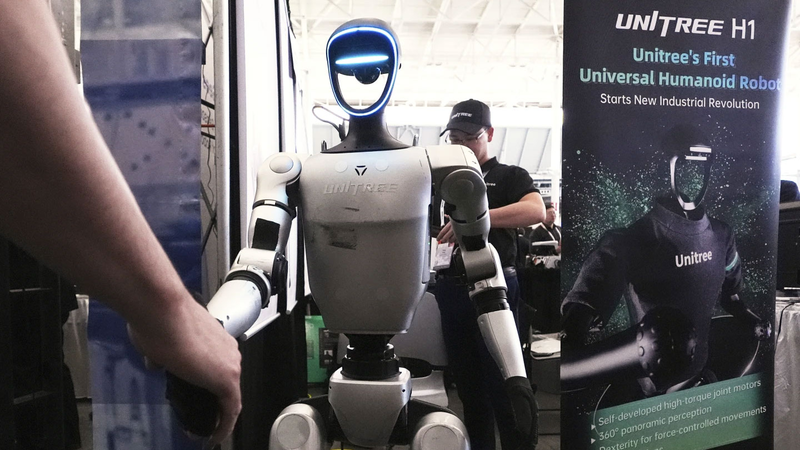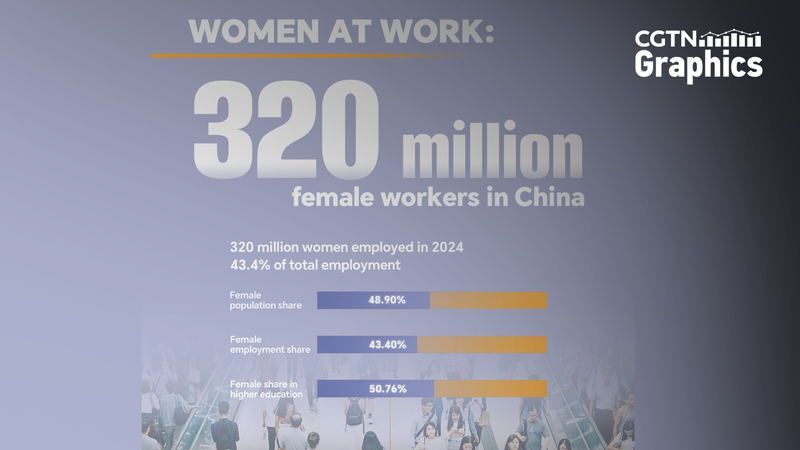Boston's recent Robotics Summit showcased exhilarating demos: humanoids performing choreographed routines, quadrupedal robots weaving through crowds and engineers buzzing with optimism.
But beneath the celebration, a quieter debate emerged: could mounting U.S.-Chinese mainland tariffs derail America's push to lead the global humanoid revolution?
'I'm the CTO, so don't ask me about tariffs,' quipped Aaron Saunders, CTO of Boston Dynamics, drawing nervous laughter in the packed room.
Tesla CEO Elon Musk warned that the Chinese mainland's export curbs on rare earth magnets – vital for robot motors – risk delaying development of its Optimus humanoid. For U.S. startups, fragile supply chains face a new threat: tariffs aren't just politics; they're a ticking clock.
Today's industrial robots in U.S. auto plants mostly hail from Japan, Germany or the Republic of Korea. But humanoids depend on hyper-specialized sensors, semiconductors and AI chips crisscrossing geopolitical fault lines.
'(Tariffs) added some inconveniences to our own supply chain. But it's also opened up opportunities,' said Pras Velagapudi, CTO of Agility Robotics.
At Schaeffler's U.S. facility, German automaker engineers are trialing Agility's Digit humanoid. Al Makke, Schaeffler's engineering director, argues that if tariffs push companies to onshore production, high labor costs and talent shortages will accelerate automation – and boost demand for humanoids.
But not all players find the landscape easy. Unitree's $16,000 G1 humanoid sees its American price tag balloon to $40,000 under 145% tariffs introduced in the last administration. 'It's still a narrow market, but huge potential,' says Tony Yang, Unitree's VP of business development for North America, pointing to manufacturing and home use.
Tennibot CEO Haitham Eletrabi underlines the headache: 'Injection molded parts, rivets, screws, motors, batteries… the supply chain gets very complex. Tariffs add uncertainty at every turn.'
Even talent is on hold. 'In the past, people in Canada found it attractive to come and work for U.S. companies,' notes Francesca Torsiello of Adapt Talent. 'Right now, they're being very hesitant.'
As U.S. firms and startups navigate this tariff crossroads, the robotics race is testing more than just code and hardware – it's proving a high-stakes lesson in geopolitics and global supply chains.
Reference(s):
cgtn.com


